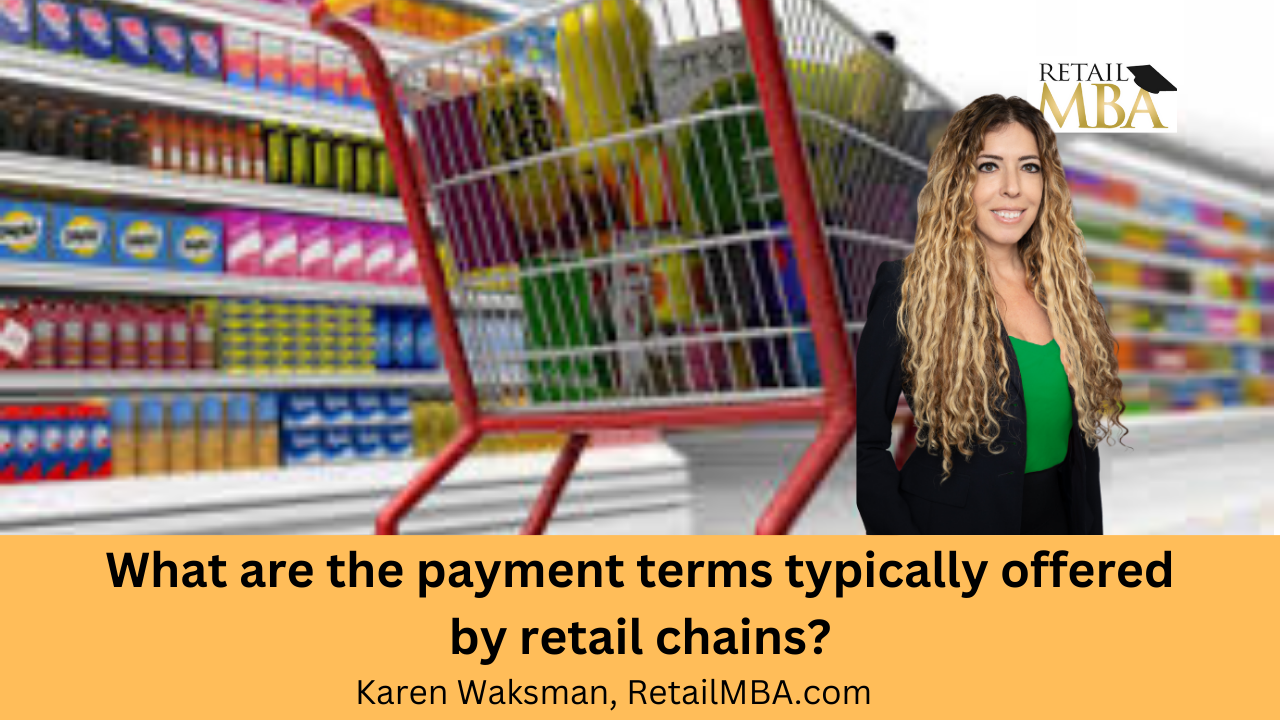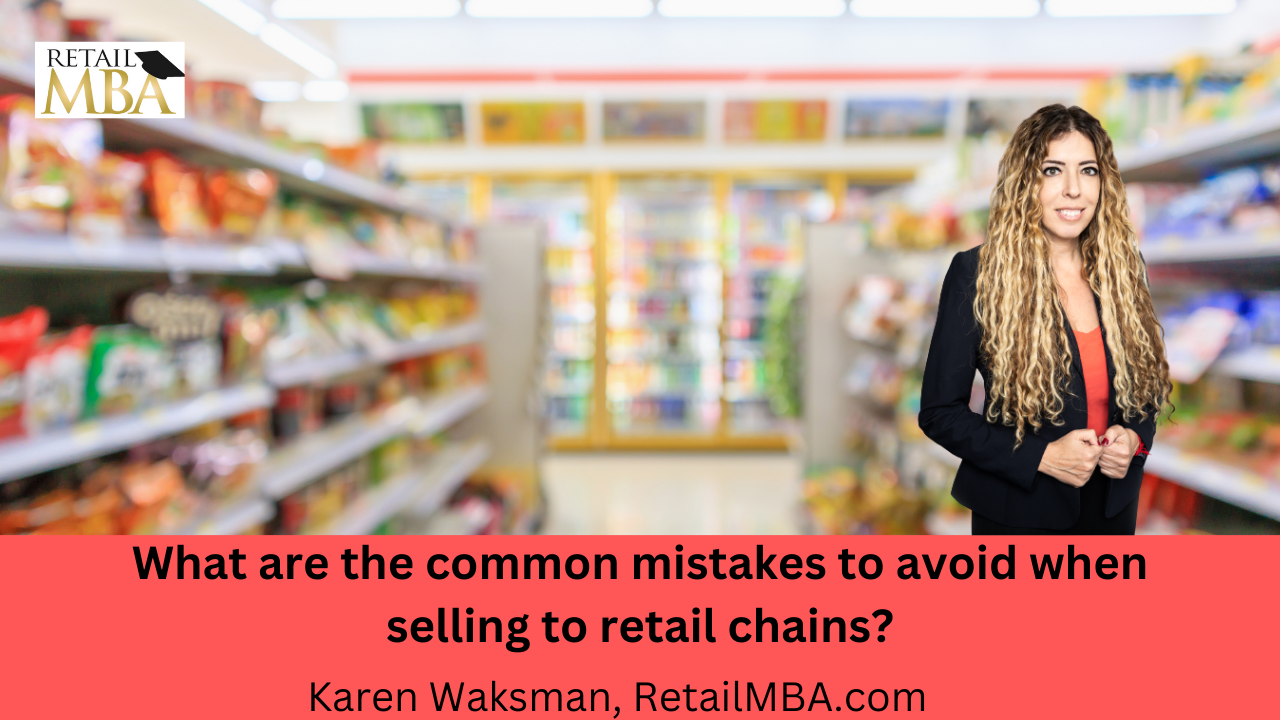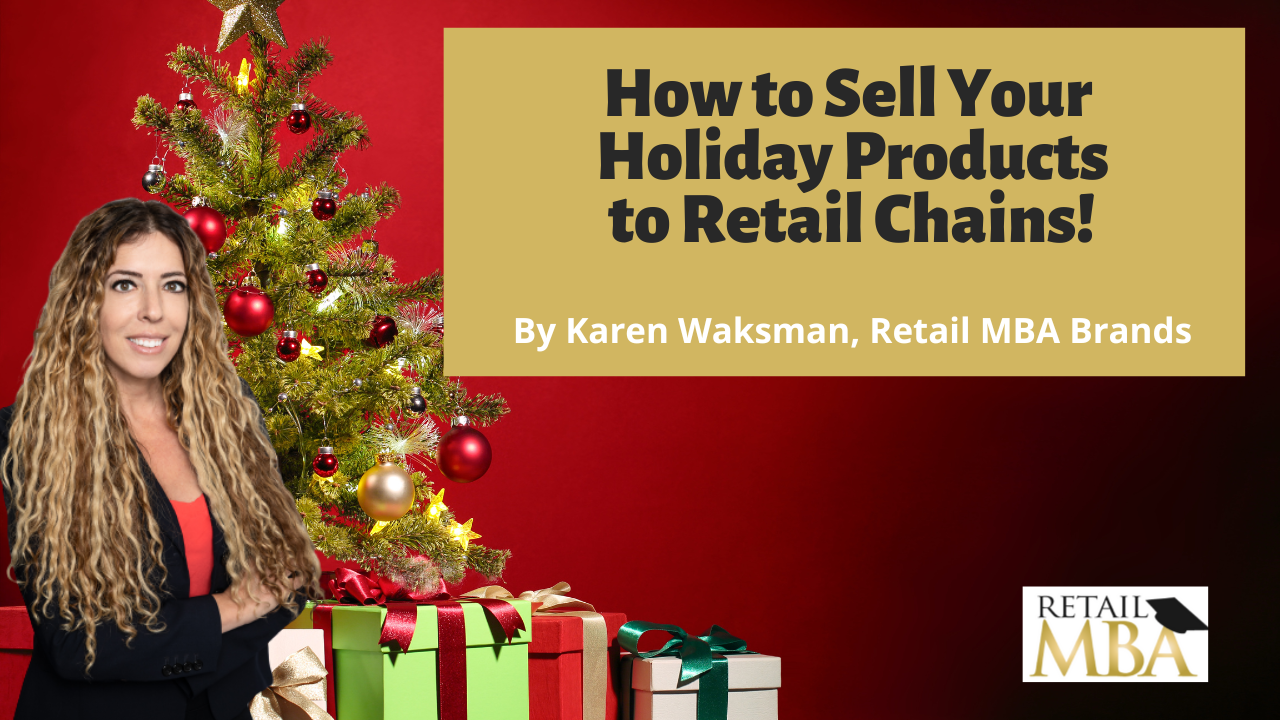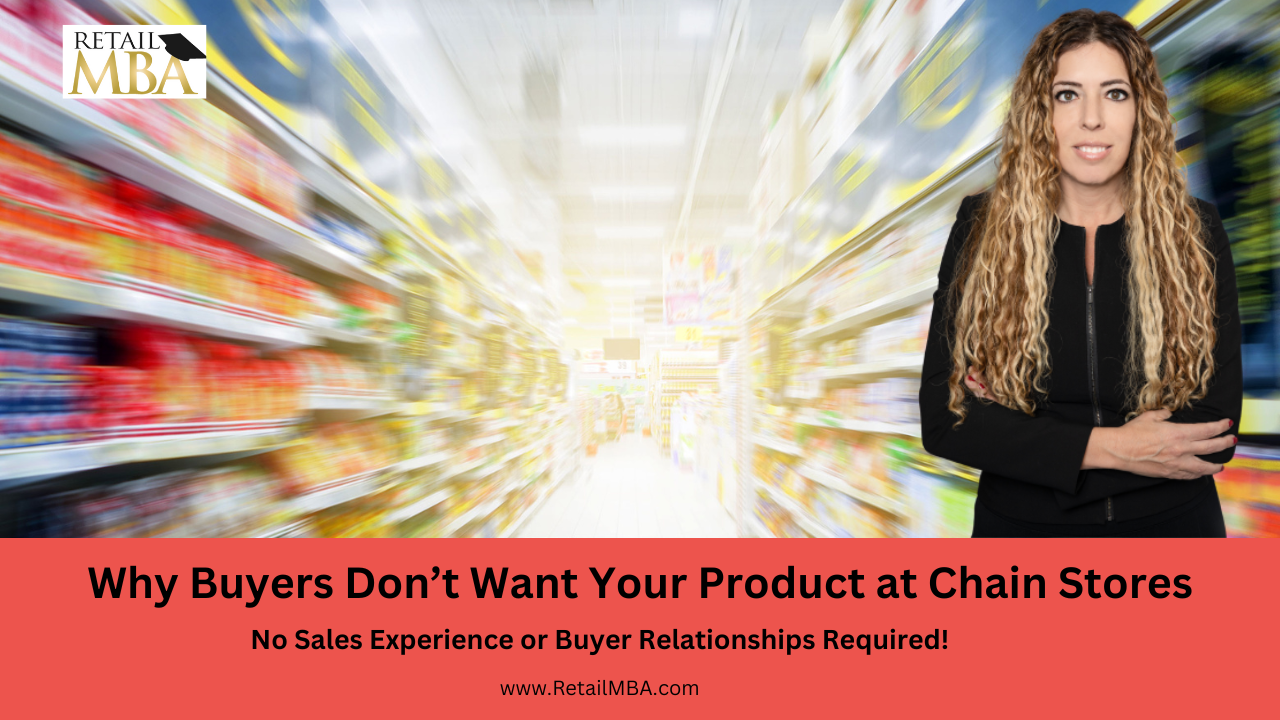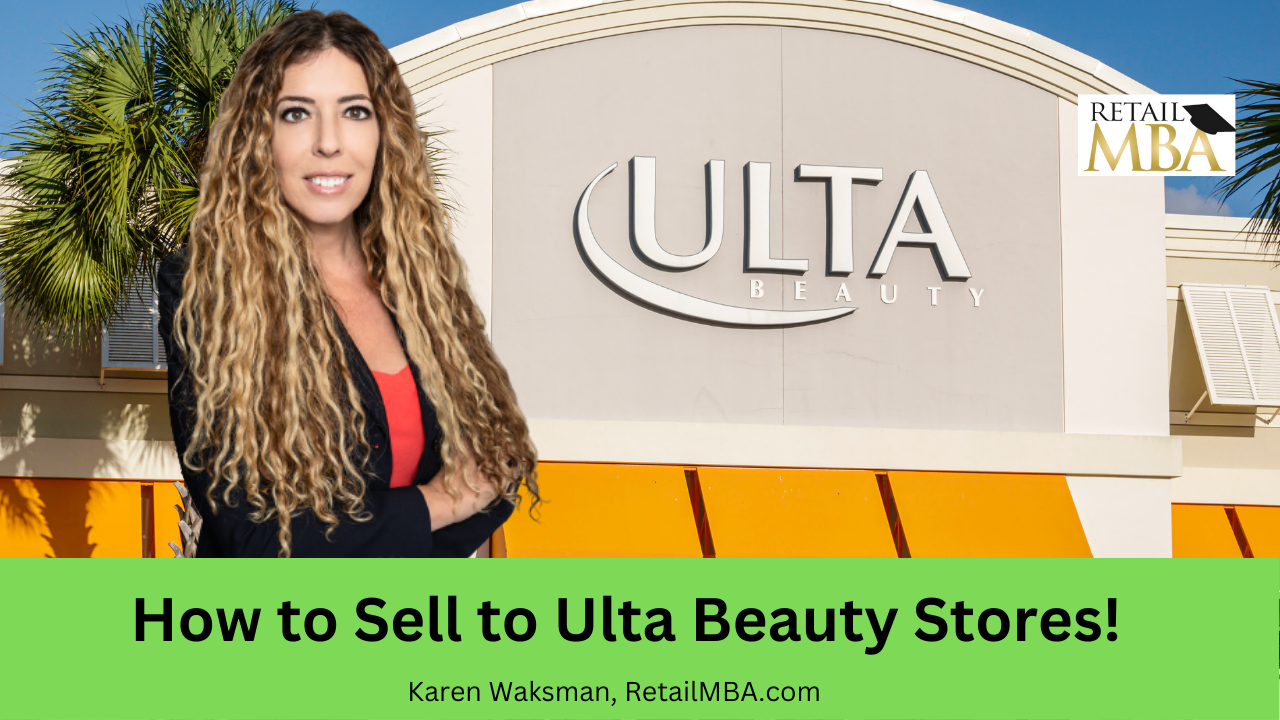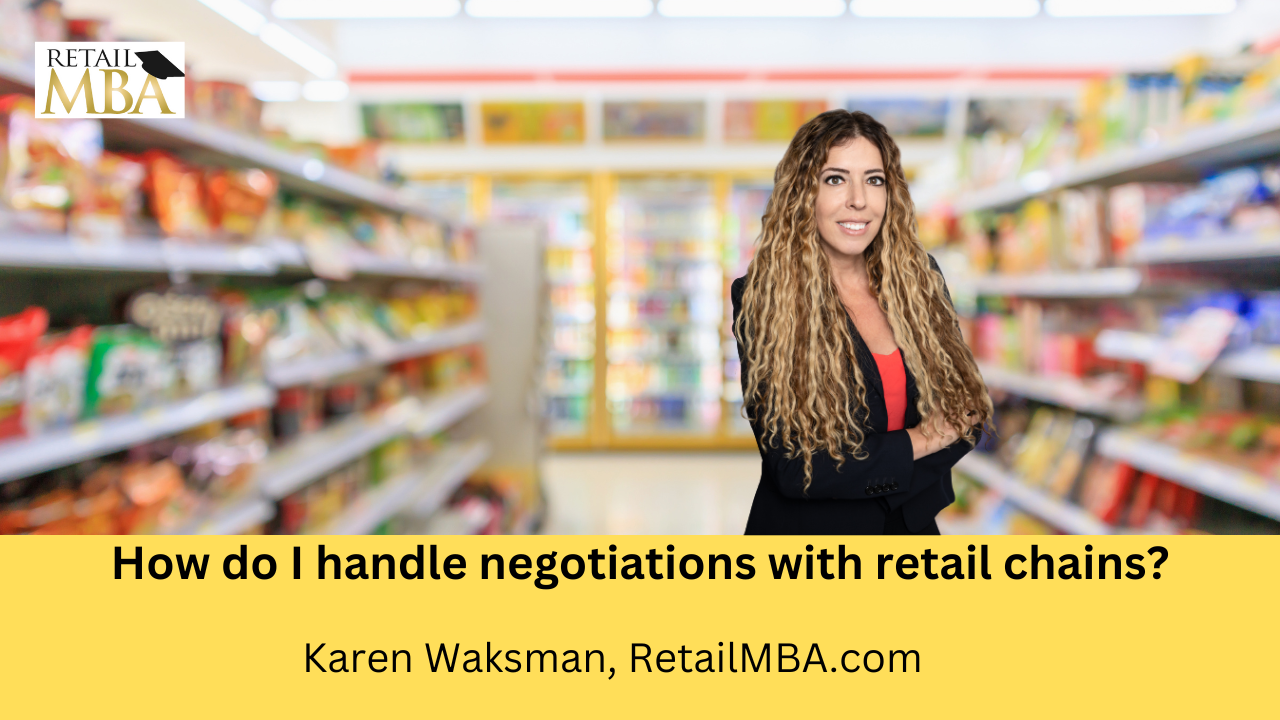Grocery Distributor
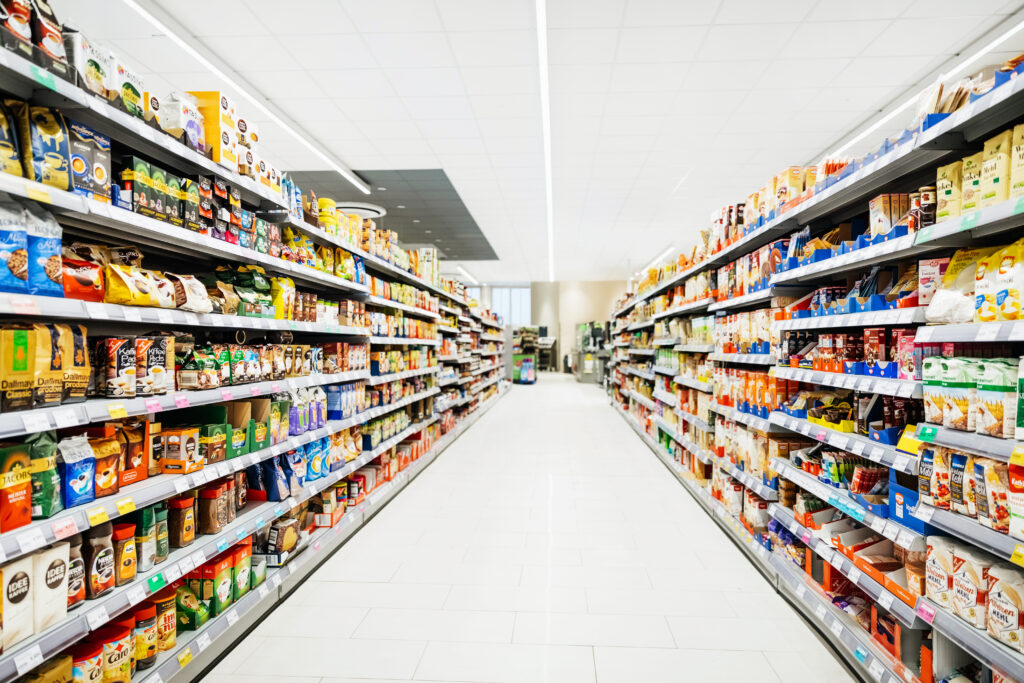
Grocery Distributors
Food distributors act as middlemen between manufacturers and food service operators, transporting, warehousing and advertising their products for manufacturers. Furthermore, they assist FSOs manage vendor relationships while putting products on retail shelves.
Large food distributors like Sysco serve as gatekeepers at large retail grocery outlets, increasing brand exposure. Working with them requires expert knowledge in assessing their connections and network strength in order to increase brand recognition.
Fresh Produce
Fresh produce is an integral component of many diets and can be purchased both at grocery stores and farmer markets. But before these foods reach stores’ shelves, they must first be procured from farms before being packaged by distributors for sale – which involves packing, shipping and storing until ready for sale.
Companies specializing in providing fresh produce and food items to restaurants and food service establishments typically provide an assortment of foods, ranging from pre-packaged salad mixes and cut fruit that can be used in dishes or snacks to organic heirloom tomatoes, exotic fruits such as dragon fruit, kiwano, physalis Romanesco and snake fruit – plus specialty products.
Some wholesale grocery distributors provide additional types of food products, including dairy, specialty dry goods and beverage items like teas and juices. This food may come from domestic sources or be imported from another country and sold to grocery stores, food service outlets or retail restaurants; the type of foods provided can depend on both seasonal changes and customer demands.
Before choosing which grocery distributors to work with, it’s essential that businesses evaluate how each will contribute towards meeting their goals. A distributor who specializes in pre-packaged food may help save customers both time and money by providing items in bulk or smaller packaging options that save both time and space for businesses with tight budgets or limited storage needs.
Fresh fruit and vegetable distribution is an integral component of food supply chains, and an ever-expanding industry. As consumer demand for these items continues to expand, retailers are searching for ways to increase sales and expand market share by offering new recipes and using technology to promote healthier eating habits among their consumers. It is also key for retailers to provide transparency regarding what food they are selling – this builds consumer trust and loyalty.
Beverages
Food and beverage distributors must be ready for anything when it comes to providing restaurants, bars and other foodservice operations with supplies of food and beverages. That’s because this industry can be extremely fast-paced with tight deadlines, stringent regulations, and stringent quality standards that must all be met simultaneously.
Beverages can include anything a person drinks to quench their thirst, from plain water to rich and creamy coffee or tea. Beverages come in all forms: cold or hot beverages that contain alcohol or non-alcoholic options can be enjoyed alone or used as part of meals and snacks; in addition to quenching thirst they also act as digestive aids and energy boosts.
Grocery and foodservice providers rely on beverages as a revenue generator; however, fast-turn products can present specific challenges due to short shelf lives that must be carefully managed in order to guarantee quality. Therefore, it is imperative that food and beverage distributors keep abreast of industry trends and customer demands to remain competitive and remain profitable.
Beverage distribution involves complex challenges that include regulatory compliance, seasonal fluctuations and unexpected product demand. A food and beverage distributor needs the appropriate systems in place to manage these factors effectively – be it supplier recalls or inventory errors leading to shortages; swift action must be taken quickly to keep their customers happy and keep customers satisfied with the services.
When marketing a new beverage, manufacturers need the appropriate channels of distribution in place to get their product into consumer hands. Therefore, manufacturers must partner with an established grocery and foodservice distribution company who possess all of the knowledge, resources, and know-how to market and distribute it effectively.
New England-based foodservice and wholesale distributor offering full-line foodservice and wholesale distribution to independent restaurants, pizzerias, delis, grocery stores, schools in Connecticut, Massachusetts, Rhode Island and New York. Their specialty division offers institutional menu needs stocking and servicing across the Northeast region. A family owned importer/distributor that specializes in the convenience store industry by distributing food, beverage and paper products primarily in Ohio, Michigan, Kentucky Illinois West Virginia Pennsylvania regions.
Dairy Products
Dairy products are an integral component of everyday meals, from cereal and milk for breakfast to yogurt with fruit at lunch and even desserts like cheesecake and brownies. Wholesalers sell dairy products to grocery stores, restaurants, bakeries and bakeries; their product range includes milk, butter, cheese ice cream and yogurt among many others.
Broadline distributors are among the larger grocery distributors that specialize in offering an assortment of foodstuffs, making them one of the most frequently utilized grocery wholesalers for retail food chains and commercial foodservice operations alike. When purchasing in larger volumes from these distributors, discounts may become available – an added advantage to working with broadline distributors!
Specialty distributors specialize in one or more categories of food; for instance, only offering meats or frozen items as their specialty product offering. Furthermore, such grocers often possess equipment specifically tailored for handling large orders from foodservice companies; some even specialize in selling certified kosher or halal items.
Merchant wholesalers represent the final category of grocery grocer, who do not physically own or handle any of the products they distribute; rather they purchase products from manufacturers before reselling them to retailers, other wholesalers, or foodservice operators – accounting for approximately 50% of total wholesale grocery sales.
When it comes to dairy wholesale, a good wholesaler must ensure the products they are selling meet high standards of quality, including animal control and storage temperature regulation. Quality dairy is vital as an essential source of protein and other essential nutrients.
Reputable dairy wholesalers boast excellent reputations within the industry and strong relationships with local farmers, which will allow them to keep costs low while offering fresh, high-quality products at reasonable prices. It would also be advantageous for both communities and the environment if they worked with an eco-friendly dairy supplier.
Grocery Items
Grocery items refer to an assortment of food and household products available for sale at grocery stores, from food and beverages to cleaning supplies, paper products and more. Exact items included may vary by store and location but most grocery stores carry many products that fall into this definition; examples include sugar, flour, spices, breads, tea bags and coffee; canned and bottled goods like soup; fruits vegetables meats as well as cleaning supplies are common examples.
Grocery distributors can supply groceries to chains or individual grocery stores through multiple methods. One common strategy involves bulk purchasing products before selling them at discounted rates directly to stores; other techniques may involve providing items directly from manufacturers; this method of supply typically occurs through larger chains that incorporate their distribution centers into their business models.
Individual stores or independent retailers may enlist an outside company such as Instacart to manage product deliveries. Instacart delivers from various national and local grocery brands directly to homes and businesses via professional shoppers; additionally, customers can use a free app available through Instacart to quickly locate and order their preferred items.
How grocers distribute their inventory can have a dramatic effect on profits and overall sales. As competition for grocery stores intensifies, more large supermarket chains have begun consolidating or even closing locations; online retail has also put pressure on traditional grocery stores.
Grocery distributors can be an invaluable asset to restaurants and retail grocery stores alike. By providing customers with access to a selection of food and household products at discounted prices, they provide more choice while saving them money. A solid distribution strategy also can accelerate brand expansion by expanding exposure among new customers.
Step-by-step training on how to sell to retail chains!
We explain exactly how to do that and how to get started today. I’ve taught over 100,000 of companies over the years across the globe on how to get your products to the stores. And so we’re here to support you. Or please subscribe to our Youtube channel and or be on the lookout for additional training that we create.
We are here to expedite the process of generating revenue with your physical products and that’s what we’re all about. Take a look at our advanced training, live events, certification programs and so much more.
In this training, I will discuss some of the things to think about when approaching a retailer to sell your products and become a vendor. Hope it helps! 🙂
Karen Waksman,
Retail MBA
Questions? Contact Us!
1-855-Retail-2 (Call or Text)
Email: info@retailmba.com
Retail MBA provides a step-by-step formula on How to Sell to Major Retailers, Online Retailers, Smaller Retailers, Catalogs and More. No Experience Required! These solutions continue to convert for clients year-over-year! These are Time-Tested and Proven Strategies that we utilize ourselves when going after stores! Everything we teach, we test. Want access to these formulas? ANY one of our programs and coaching systems gives you access to them now. With that said…
Here are 5 Easy Ways to Work with Us:
1) Free Training – If You Would Like to Join Our Next FREE Webinar Training Called “Retail Chain Store Secrets – How to Sell to Major Retail Chains. No Experience Required” Then Sign Up NOW To Learn All About Selling into Retail Chains By Clicking Here!
2) Retail MBA Year Long Coaching and Training System – Our Year Long Coaching and Training System with Karen Waksman is POWERFUL! This is our most popular training and coaching system! We walk you through how to approach, pitch and sell to retail chains and we coach you along the way! Join us by Clicking Here!
3) Masterclass Intensives – Want to Join our Next 4 Week Elite Retail MBA Masterclass Intensive? These Intensives Are EPIC for people who Love Fast Paced Learning – Homework, Retail Coaching, Developing Your Strategy, Buyers Contacts and More! These Events Are Held Every Quarter. Join us by Clicking Here!
4) Done-for-You Program – If You Want Karen Waksman and Her Team to Reach Out to Your Top Dream Retail Chains On Your Behalf – And You Have a Retail-Ready Product, Check Out our Epic Done-For-You Service by Clicking Here!
5) In Person Events – If You Want to Learn LIVE and Meet Karen Waksman in Person at Our Next “America’s Next Retail Product: LIVE Event with Other Like-Minded Individuals in Beautiful San Diego, CA! We Would LOVE to Have You Join Us by Clicking Here!

Check Out Our Additional Blog Posts Here:
Retail Terms
Retail Terms – What are the payment terms typically offered by retail chains? Click Here to Learn More!
Retail Vendor
Retail Vendor – What are the common mistakes to avoid when selling to retail chains? Click Here to Learn More!
How to Sell Your Holiday Products to Retail Chains
New Training on How to Sell Your Holiday Products to Retail Chains
Ulta Beauty Vendor
Ulta Beauty Vendor – How to Sell to Ulta Beauty Stores. Click Here to Learn More!
Retail Strategy
Retail Strategy – How do I handle negotiations with retail chains? Click Here to Learn More!

